Mwaramutse!
The most wonderful time of the year has come.
…no not Christmas. Scrap the bearded guy with the out of fashion red tracksuit from your calendar, the Burundi’s are coming in. The first container landed last Friday – have to be pretty quick, only 4 lots left.
November – This first half of the Burundi arrivals will focus on washed lots coming in from the newest washing station we’ve been working with, Sehe, and some from our trusty Buziraguhindwa and Mbirizi.
December – With the 2nd half dedicated to a mix of natural and washed lots from the Shembati, Buziraguhindwa and the Mbirizi washing stations.
All 4 of these washing stations are owned by Salum. A producer we’ve very closely been working with to improve the quality and consistency since the very beginning of our sourcing project in Burundi. This season is looking to be another success year with more clean and intense profiles.
It’s always exciting to follow these lots from start to finish, cupping in origin with very early type samples straight from the drying beds to PSS in our Oslo lab, they’ve been gaining character and complexity. So we’re excited to start cupping the arrivals to find out how they’ve opened up and gained more character.
NATURAL BABY!
Our first natural & honey projects coming out from Burundi and we’re pretty damn proud of them.
They’re tasting great and distinct – with super sweet fudgy, floral, tropical notes and clarity – and there’s 1 lot with a couple bags left on this first container.
If you missed out on Ethiopian naturals because they also went crazy fast we can vouch for these, they’ll bring some funk and color to your menu.
Natural protocol:
Protocols for their naturals have improved a lot over the past few years. They are making naturals when they see that they have great cherry quality coming in and when enough capacity on the tables is available to do it properly (since it takes longer to get them down to the same moisture level).
The cherries are soaked in water to remove all floaters then spread out in a single layer on the drying tables the first 2 days while they are sorting out immature, diseased and overripe cherries. This also helps to dry it faster at the beginning of the drying cycle as it seems to create a cleaner and brighter profile in their environment. After the 2 – 3 first days they slowly build up the layers, and are moving and turning the cherries on the table multiple times a day.
SEHE
Cibitoke province located at 1750 meters with the coffees being harvested up to 2000 meters. This is the producer Salum Ramadhan’s latest investment and his 4th washing station. It’s located in the Cibitoke province and is Salums only washing station outside of the Kayanza province. Yet its very close by in distance, but flavors tend to be different.
This is Salum’s newest washing station which I’ve had the pleasure of visiting for the first time in June to check out the set-up.
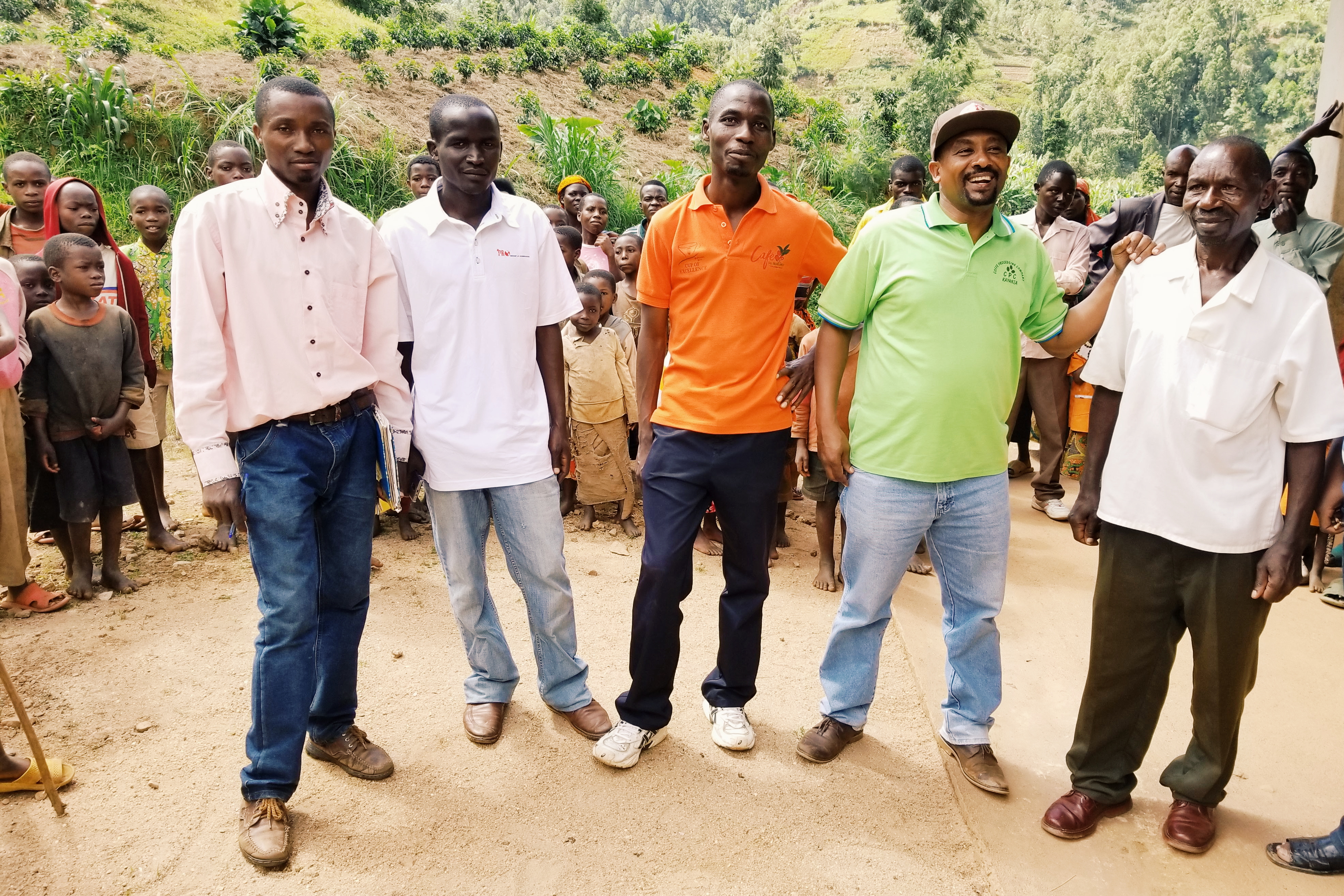
Dropping the dreaded P-word here. Potato.
Once a huge problem in the region (Rwanda, Burundi, Congo) causing them to receive a big image problem. This defect was usually due to the lack of infrastructure, poor equipment and the absence of outside investment/buyers.
Integrated into the system here, like all Salum’s stations, is the intensive sorting along all steps but especially that of wet parchment. Which is absolutely key, and one of the ways to reduce the amount of potential potato defect. After washing the parchment it goes straight on to drying tables under shade. There are defects that are much easier to see and detect when the parchment is still wet. Trained staff is removing everything that is a potential cause of potato defects. You will never have all guarantees against random defects, but what we do know is that our coffees are having way less of a problem than Burundian coffees in general and that potato is not such an issue anymore.
It’s time we get over it as long as you’re buying quality greens.
And of course there’s also the extra step that will pretty much negate the last chance – inform your barista/customers about the defect and its aroma so they know what to do when that 1 single bean does get in there.
The unique profiles are definitely worth it.
Have a great week and don’t forget to smile,
– Jamie
Check all the offers coming in here – https://nordicapproach.no/burundi/ (scroll to the bottom for the list)
Let your sales rep know if you’re looking for more info.
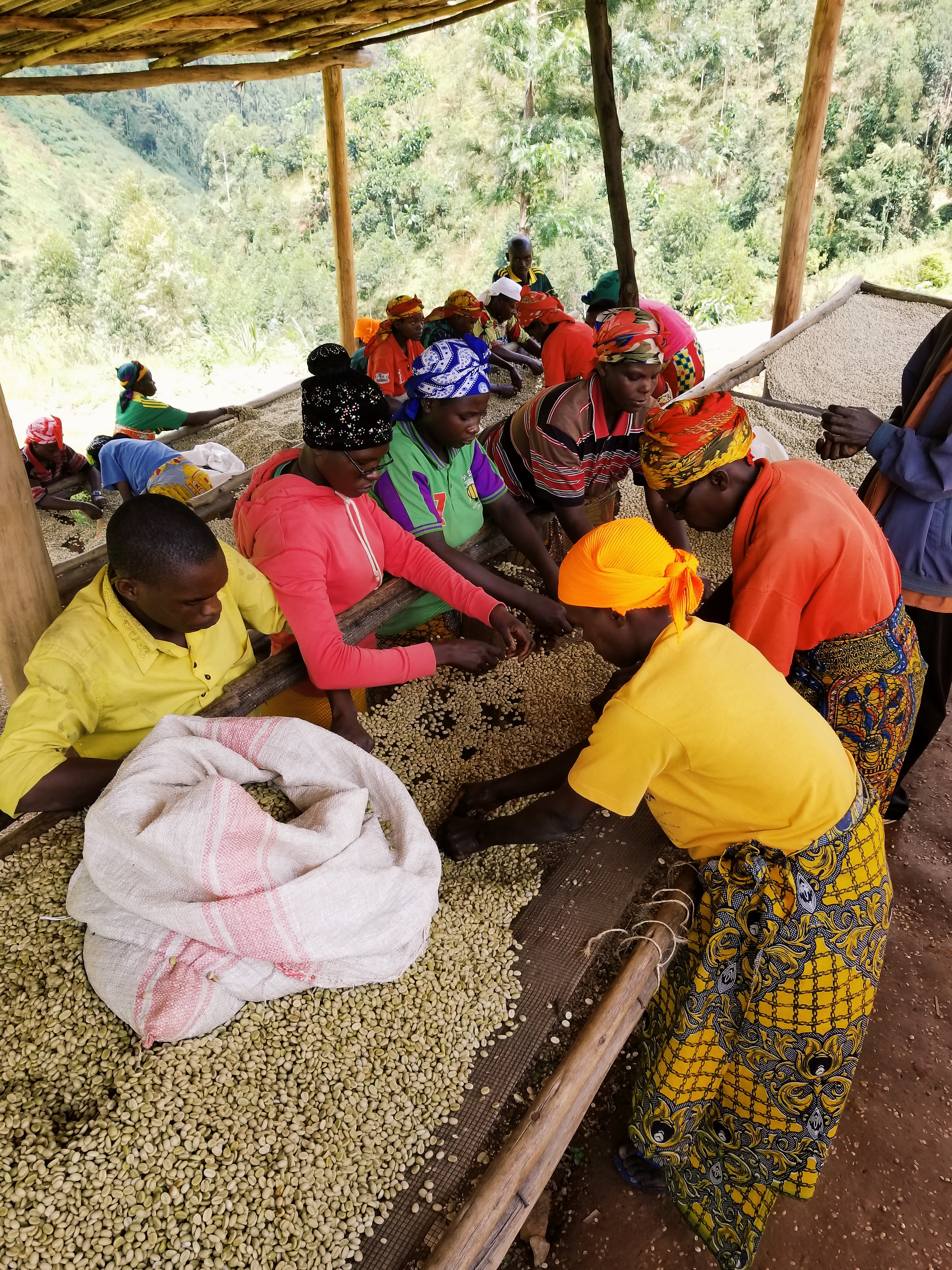
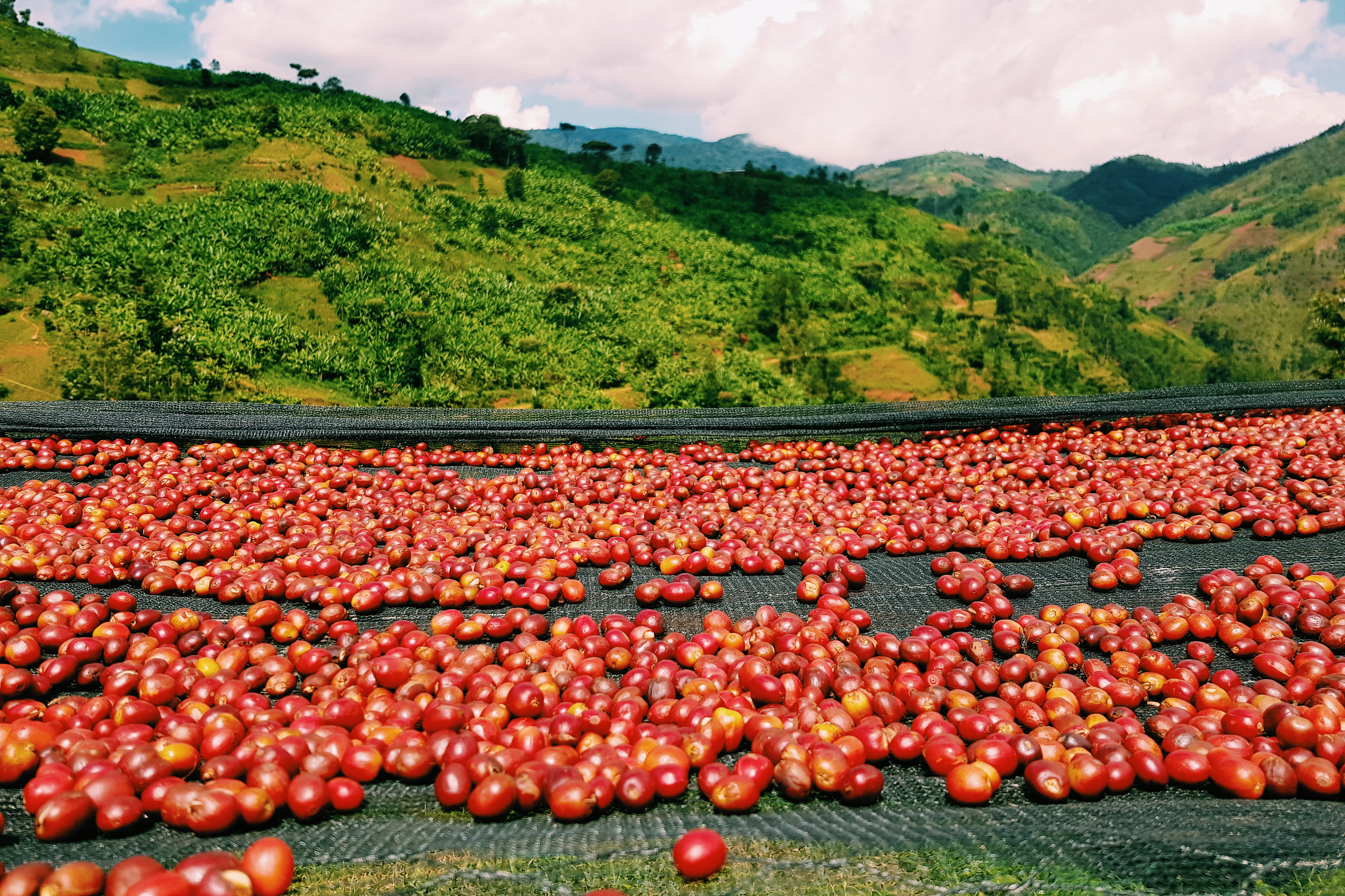
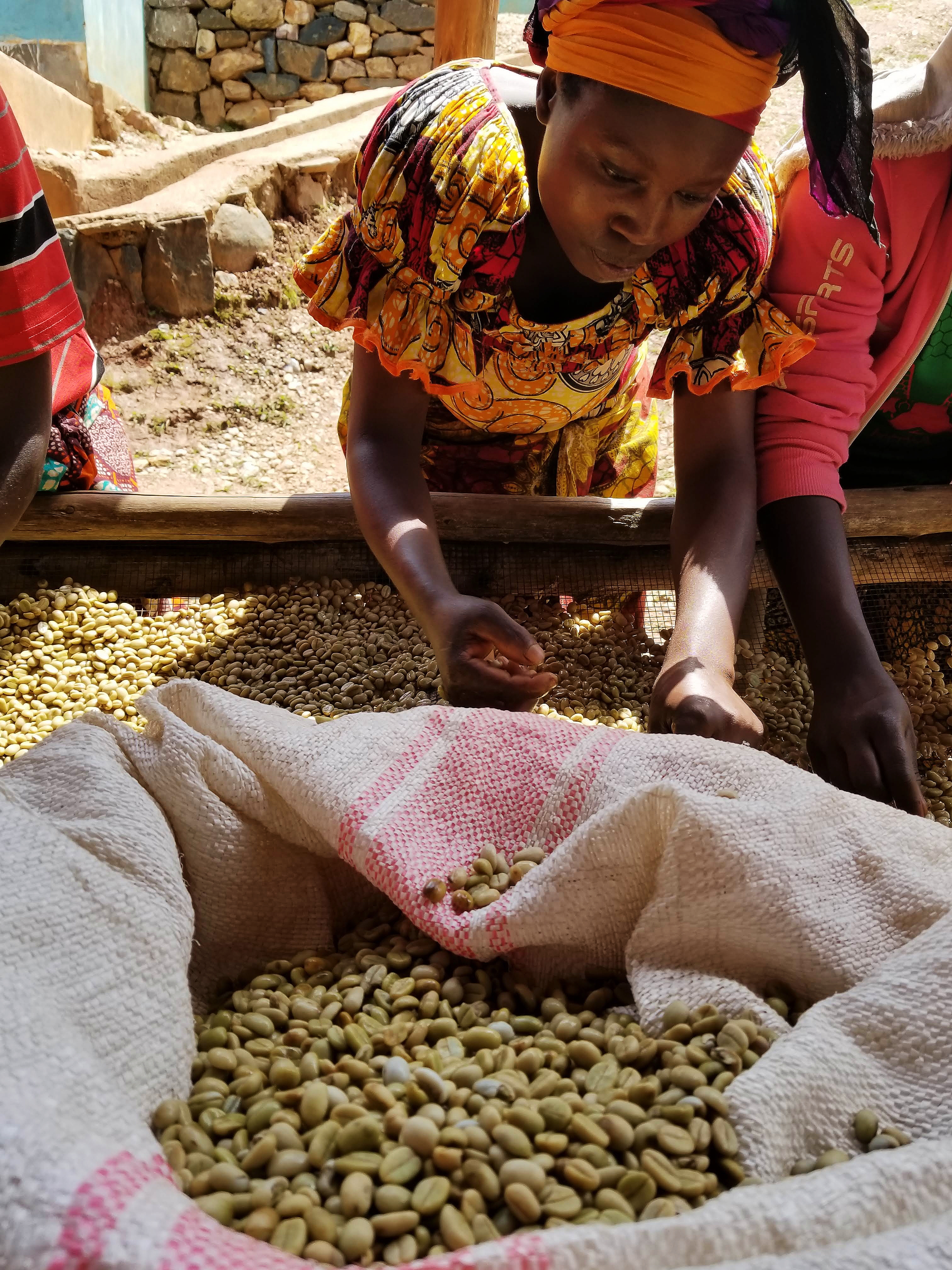
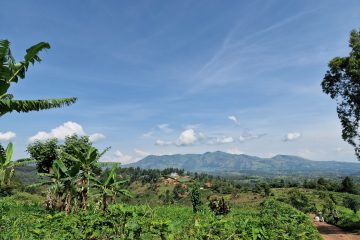
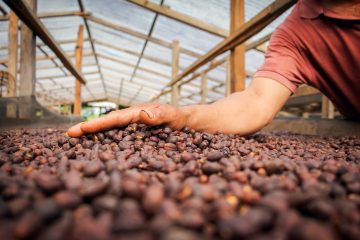
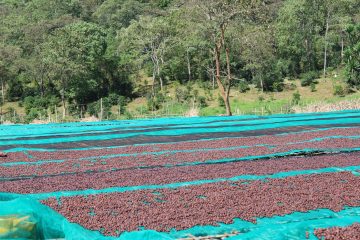
0 Comments